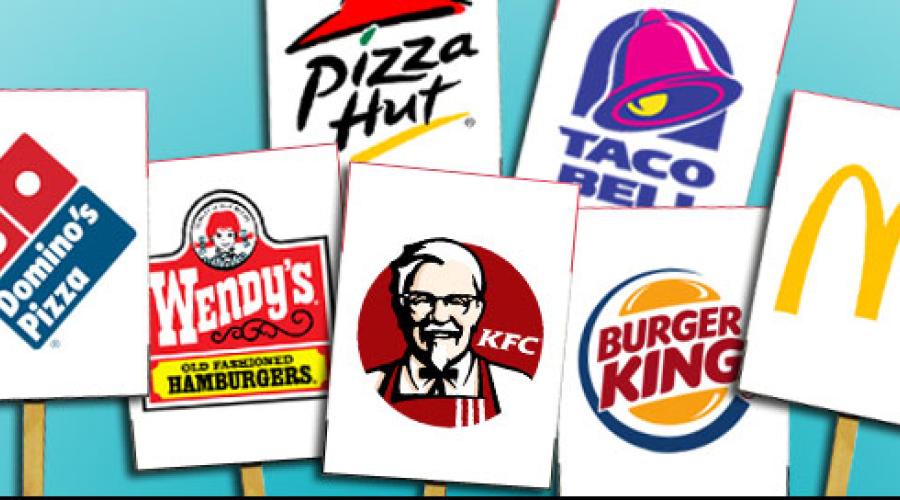
Fast Food Strike
Slow, but sure progress is being made nationally by fast food workers seeking higher pay, according to Labor Education Research Director Kate Bronfenbrenner.
Thousands of them walked off the job today in seven cities: Flint, Mich.; Kansas City, Mo.; New York City, Chicago, St. Louis, Milwaukee and Detroit.
"Slowly but surely, fast food workers, along with OUR Walmart and other low-wage worker organizing, appear to be having an impact," she said in an interview today. OUR Walmart stands for Organization United for Respect at Walmart.
"Worker participation and community support has increased with each strike, as has public awareness of wages and working conditions for fast food workers," Bronfenbrenner said.
Support for raising the minimum wage has also increased, she said.
"A year ago, few would have believed that multi-city fast food worker strikes were even possible. Yet, this is the second one this year," she said.
"One thing is clear; the future of the U.S. labor movement may be determined by these women and workers of color who are standing up for a living wage and a union," Bronfenbrenner said.
Most fast food workers earn the federal minimum wage of $7.25 an hour and receive no benefits, Bronfenbrenner said.
"Contrary to public perception, the majority are not teenagers, but adults trying to support families by holding two or more of these jobs."


